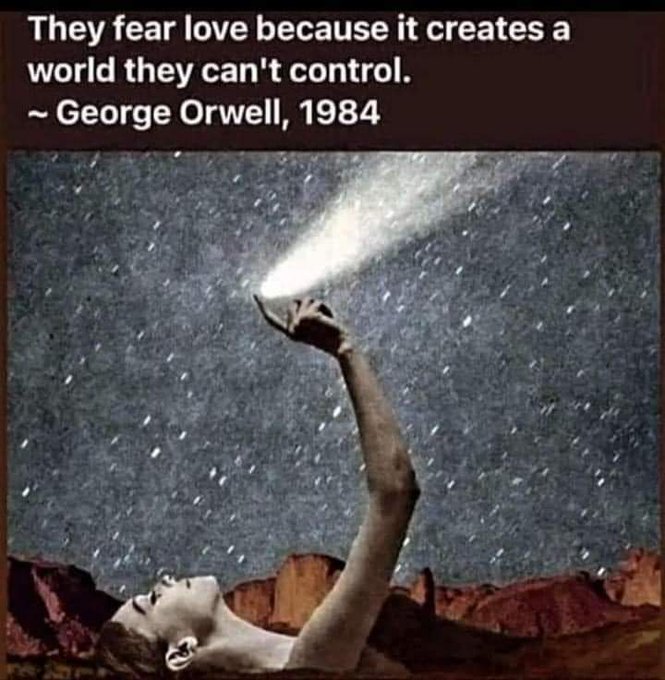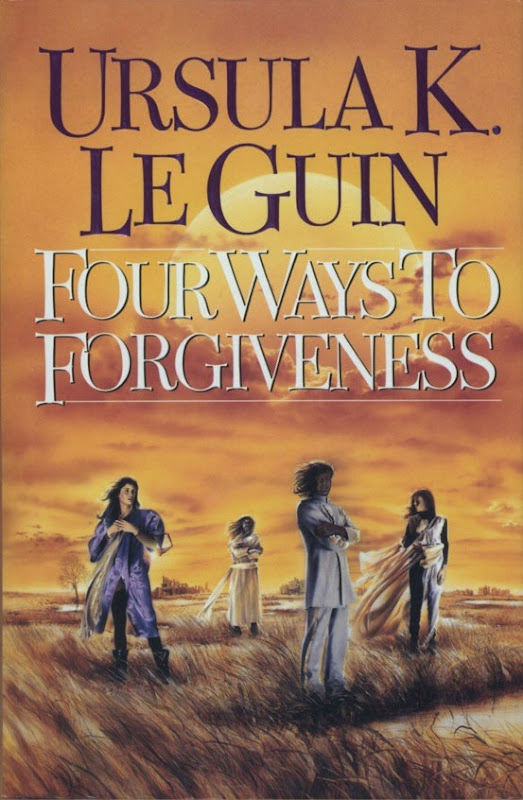Contributing to the Peace of the World
Have you ever noticed that peace doesn’t make the news? When a war ends, yes, we hear about it. But what about the everyday experiences of peace that are a natural part of life. We don’t hear when there are no shootings. We don’t hear about people living in harmony. When a group of people comes together to share the peace of the wild, the peace of meditation, the peace of prayer, isn’t this also news?
Maybe stories of peace don’t appear often in the for-profit press because we’ve learned as a species that scaring people is one way to get them to buy things. Fear comes with a rush of adrenaline and a search for something that might help us come back to our natural state of peace. We might hope that with more information, we can know what to do and how to help. But when that information leads to more fear, we can get stuck in a cycle of always being afraid, always worried that we are powerless, always looking to someone else to solve the problems we perceive, and perhaps then getting angry with them when they don’t.

When we observe animals in the wild, they may suddenly sprint to get further away from perceived danger. Maybe you’ve seen this with rabbits or deer or birds. And once they feel safe again, they relax into their natural state of peace. Only when subjected to extended trauma do animals sometimes get stuck in a state of fear. The same applies to humans. So many of our social relations are grounded in trauma (aka oppression & inequality). The political is also personal.
In the opening to her profound meditation on healing from oppression, Ursula Le Guin’s story suite “Four Ways to Forgiveness” offers us this perspective:
“What would that world be, a world without war? It would be the real world. Peace was the true life, the life of working and learning and bringing up children to work and learn. War, which devoured work, learning, and children, was the denial of reality.”
If this is true, and perhaps we might agree that it is, we might choose to focus on what is real rather than on the denial of reality. We might choose to focus on peace in order to help contribute to the peace of the world. To help contribute to the healing of trauma, oppression, and inequality.

Just to be clear, peace is not wishy-washy. Peace is not being a doormat or a so-called ‘peace maker’ who throws themselves under the bus to try to make those around them happy.
In healing from these patterns that are the result of trauma, we find our power to speak, to act in the spirit of peace.
For if we wish to live in the real world, in a world of peace, then peace is also the practice by which we come to that awareness. As Martin Luther King Jr. once said, “Peace is not merely a distant goal that we seek, but a means by which we arrive at that goal.”
To stay in peace takes a great steadiness of mind, an ability to focus and relax, and the strength to accept insults as not being personal. When we are not in peace, we are open to manipulation. When we are not in peace, others who know how to push our buttons through threats or rewards can get us to do what they want. If we wish to live in a real democracy, where leadership comes from the people, then we cannot be open to manipulation. We need to learn how to be at peace.
Every moment of peace we experience is part of the practice. It is a contribution to the peace of the world. So, too, is learning to not manipulate others. Perhaps we can forgive ourselves for the survival strategies we learned in an unequal society – different ways of enticing or demanding from others what we think we need to live. With practice, we can learn to relate freely as equals. To share in the common goods of life. To love our neighbours and to love ourselves.

Indeed, the world would be a far more peaceful place than it is if we all shared this piety. But the fact is that we don’t. How would you mend the world’s recalcitrance?
Thank you for your thoughtful comment. I guess I no longer see the world as something broken that needs mending. Instead, I see so many opportunities for ha
ealing, for serving life, for loving each other and ourselves.
Instead of trying to change others, it seems really practical and helpful to focus on practices that support our own transformation. If others feel inspired to try something similar or to follow their own path more deeply, brilliant! If not, doesn’t matter.
We can’t really try to take responsibility for the whole world while carefully ignoring the little patch we can our own life.
What do you think? I’d love to hear your perspective of you feel to share.
We should indeed stop aspiring to heal/bring peace to the world and aim instead at achieving more specific and attainable outcomes; at making ‘local’ differences that it’s in our power to make.
Which is what we’re all largely about in our ordinary everyday lives (the projects that we are) anyway, albeit to widely varying ends. We fundamentally disagree, and even come to blows, over the relative worthiness of our respective projects while, at the same time, we have no absolute measure against which the relative worthiness of our respective projects can be determined. We’re all fumbling blindly about a darkened room, doing our damnedest to find a black cat that might or might not be there; such is the [postmodern] human condition.
We generally lead lives of quiet desperation. What is called ‘resignation’ is just confirmed desperation. From the desperate city, we go into the desperate country to console ourselves with ‘Nature’ and other grand unobtainable ideals.
An unconscious despair is concealed even under ‘the higher callings’ in which we take refuge from the exigencies of ordinary everyday life. We console ourselves for our ineptitude by setting ourselves unattainable and unrealistic ‘global’ aspirations, in the realisation of which we must heroically fail ‘through no fault of our own’ and, in being thus frustrated, feed the grudges and grievances that disfigure our lives.
Aspiring to ‘heal/bring peace to the world’, to ‘serve life’ and the like, is a form of self-harm: mauvaise foi; a failure to exercise integrity and autonomy in one’s basic life choices and ‘blaming’ that failure on something else (fate, ‘the system’, ‘others’, circumstances, evil, a ‘broken’, ‘sick’, or otherwise compromised world…).
The good news is that the totalising narratives of modernity – fatalism, redemptionism, utopianism, and progressivism – that inform our desperate need to contribute to the peace of the world and the like are no longer viable, and this – the death of ‘God’ – heralds the emergence of localised narratives with restricted domains, none of which has a claim to universality or authority.
That’s the nature of the revolution – the abolition of our desperate need for world peace, universal justice, absolute truth into the exigencies of our ordinary everyday ‘bread-and-butter’ lives.
Thank you, anonymous friend, for these thoughts. I agree that any desperate need to fix anything is unhealthy and unhelpful. Perhaps that kind of feeling indicates something in ourselves that is asking for our loving attention. You can’t get much more local than that! I’m not sure that a dedication to serving life is necessarily this, though. We might see this life in ourselves, our communities, our local ecosystems. I’m not talking about a narrative but a direct experience of living. And this requires no blame, no anger, no fear of failure. Those habits can be unlearned with heartfelt practice over a long period of time.
At the moment, peaceful exploration of our neighbouring worlds is winning out over more aggressive exploitation, driven I guess by a sense of wonder, balanced with a duty of care, and a sense that when new discoveries are added to the idea communism of global science, we all win. This was docudramatised in a series on Mars, with scientific exploration for life put at jeopardy by a belligerent profiteering mining expedition. Will we have the strength to create peaceful nature reserves on/over other planets and moons? Perhaps the realisation that we have to cooperate in space, not indulge in cut-throat competition, will sink in and settle back down to Earth too. We are not over the insanity of the Cold War, and there will be ideological divides in the coming century too, unless we manage to annihilate ourselves. https://www.unoosa.org/oosa/en/ourwork/spacelaw/treaties/introouterspacetreaty.html
Great absurdities are the double standards applied to militaries when they are exempted from climate accords and whenever it is claimed that ethics do not apply to the battlefield (if not there, where?). The militaries that are supposed to keep us safe are killing us, slowly or quickly, starving vital services and poisoning environments, warping the minds and bodies of those who serve. It beggars belief that General Mike Jackson can talk on Rise of the Nazis about the inevitable downfall of dictators through (effectively) court politics, while ignoring the fact that he swore personal loyalty to the world’s longest serving nuclear terrorist. What does Hitler have in common with the Queen?
I have not read that Ursula K LeGuin story, but her works are often based on well-constructed thought experiments. As highly-decorated US Marine general Smedley Butler argues, war is not an accidental state of affairs, War is a Racket! So peace might conceivably be pitched as an anti-racketeering activity.
Thank you for your thoughtful comments as ever, SleepingDog I think any area of life where we can cooperate is helpful for everyone. Even when it’s just little things in our daily lives.
Well said…fear has been the power tool of government especially these last few years…
Yes, it has been, hasn’t it. Let’s practice to make ourselves immune to the that!